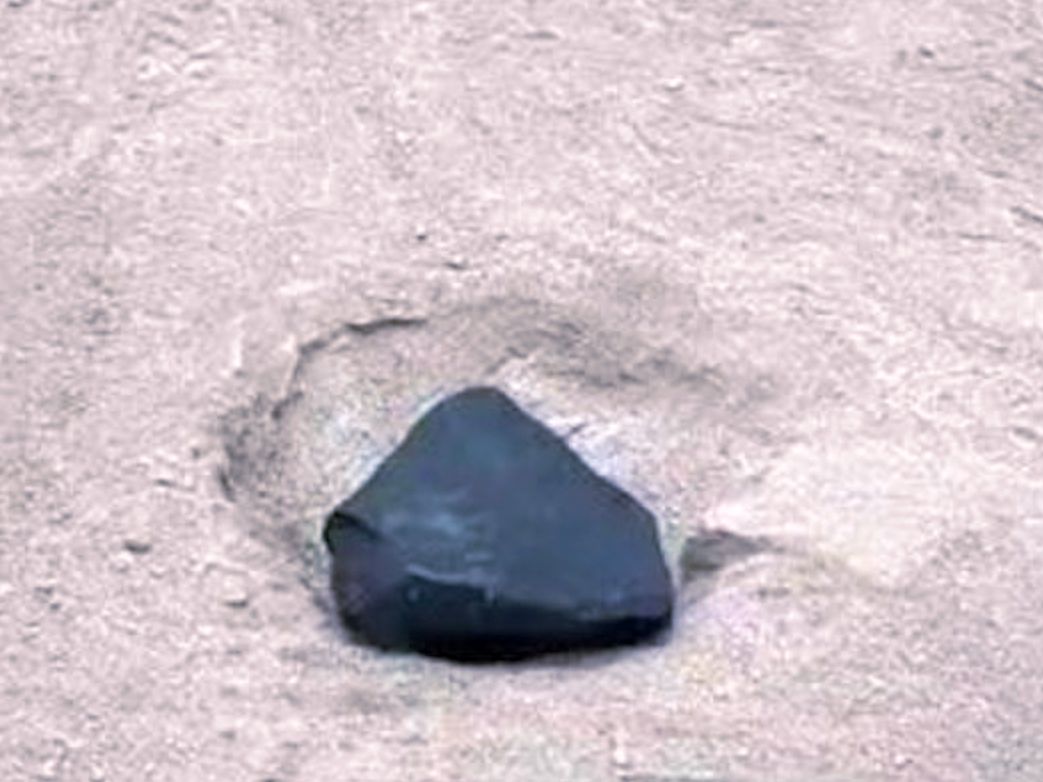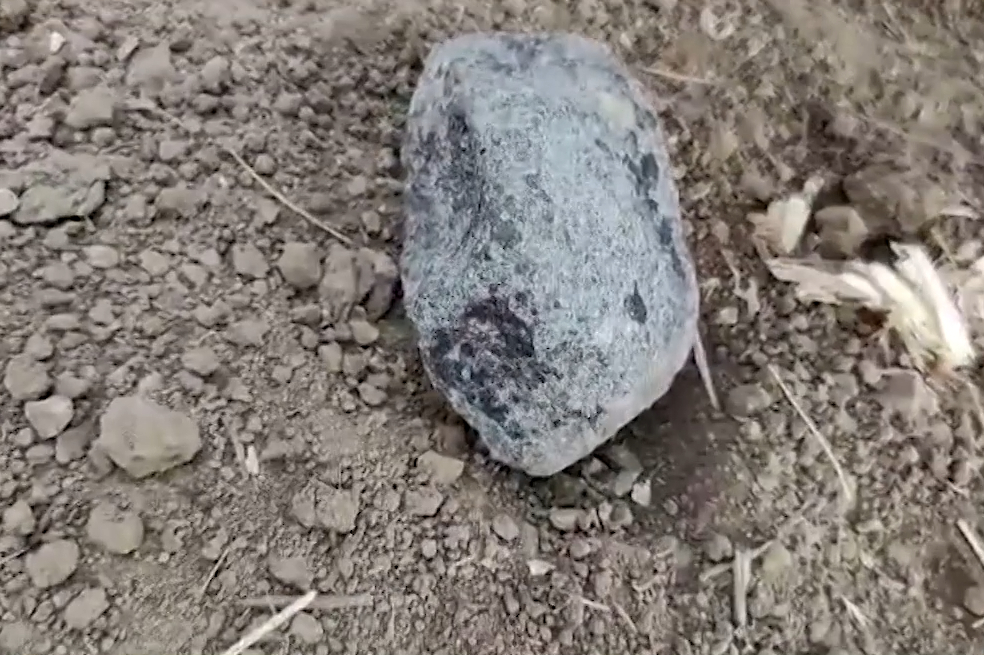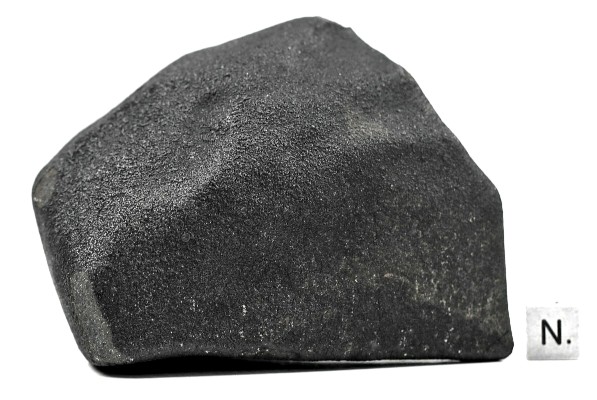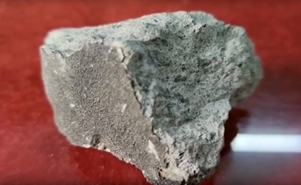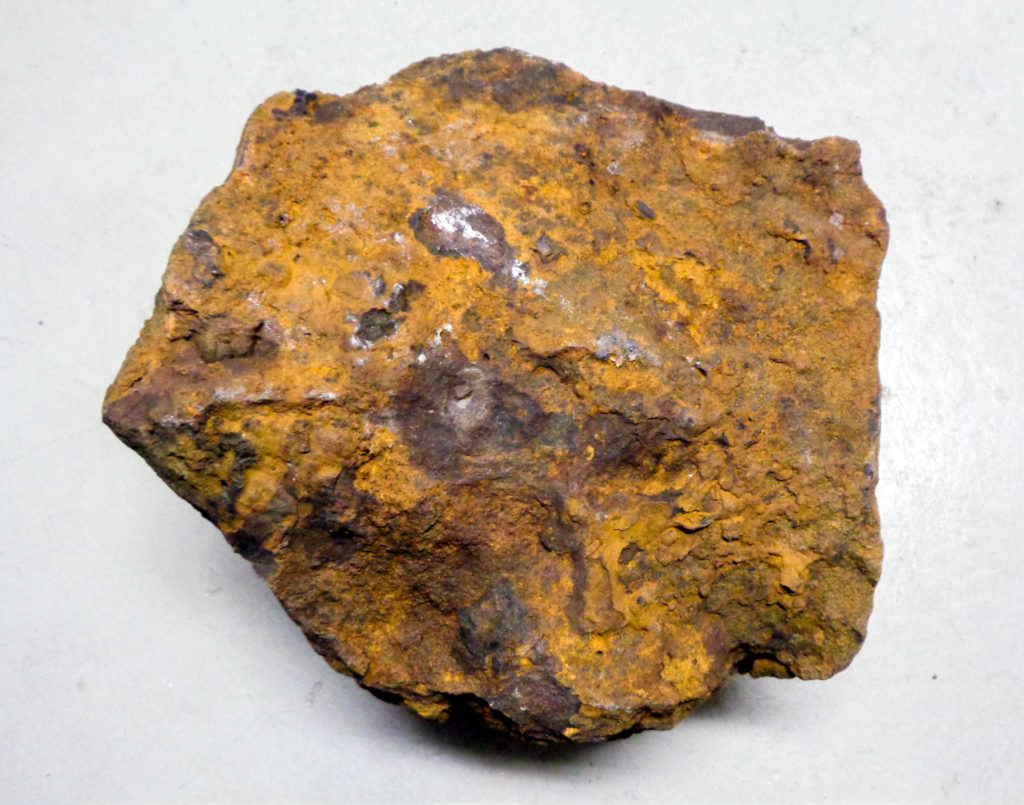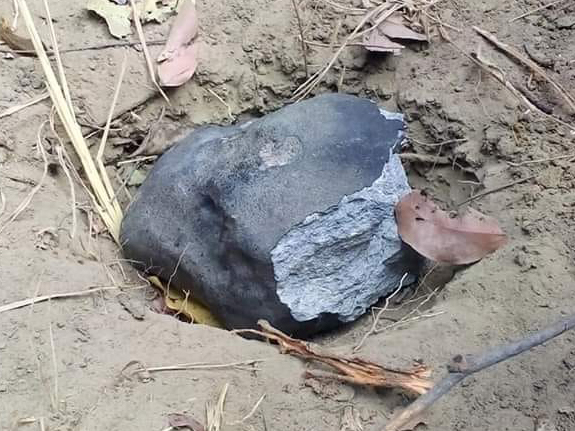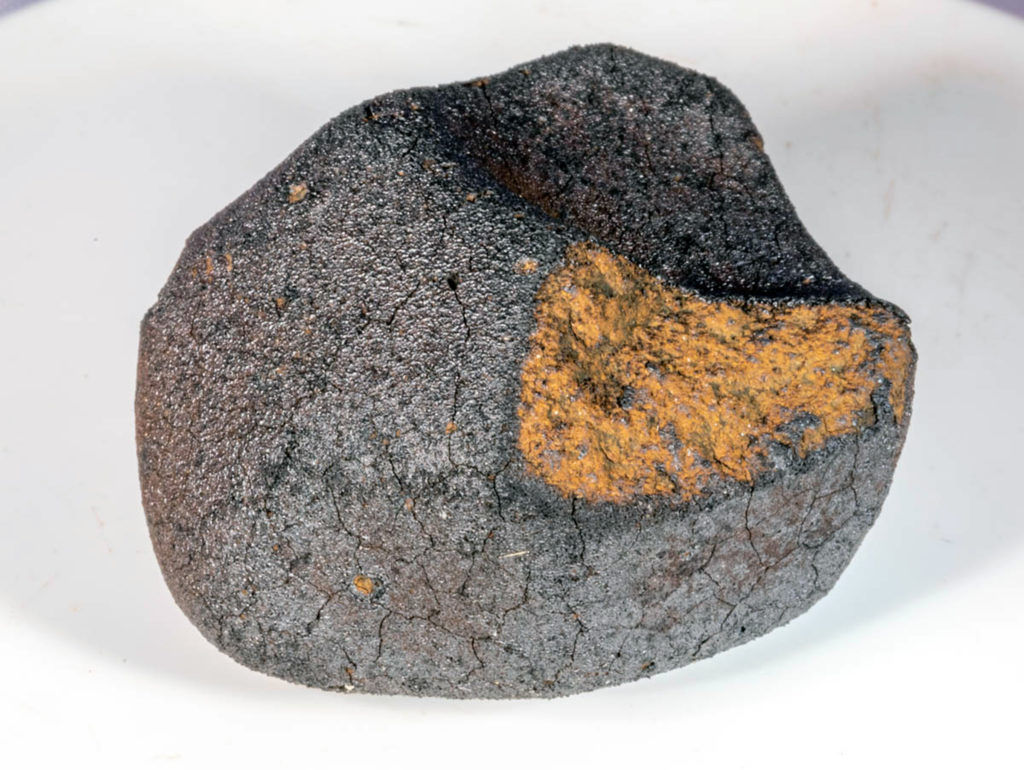Advances in Cosmochemistry Enabled by Antarctic MeteoritesOPEN ACCESS
Meenakshi Wadhwa, Timothy J. McCoy, and Devin L. Schrader
Annual Review of Earth and Planetary Sciences
Vol. 48:233-258 (Volume publication date May 2020)
First published as a Review in Advance on January 8, 2020
LINK (OPEN ACCESS)
PDF (OPEN ACCESS)
“At present, meteorites collected in Antarctica dominate the total number of the world’s known meteorites. We focus here on the scientific advances in cosmochemistry and planetary science that have been enabled by access to, and investigations of, these Antarctic meteorites. A meteorite recovered during one of the earliest field seasons of systematic searches, Elephant Moraine (EET) A79001, was identified as having originated on Mars based on the composition of gases released from shock melt pockets in this rock. Subsequently, the first lunar meteorite, Allan Hills (ALH) 81005, was also recovered from the Antarctic. Since then, many more meteorites belonging to these two classes of planetary meteorites, as well as other previously rare or unknown classes of meteorites (particularly primitive chondrites and achondrites), have been recovered from Antarctica. Studies of these samples are providing unique insights into the origin and evolution of the Solar System and planetary bodies.
▪ Antarctic meteorites dominate the inventory of the world’s known meteorites and provide access to new types of planetary and asteroidal materials.
▪ The first meteorites recognized to be of lunar and martian origin were collected from Antarctica and provided unique constraints on the evolution of the Moon and Mars.
▪ Previously rare or unknown classes of meteorites have been recovered from Antarctica and provide new insights into the origin and evolution of the Solar System.”

